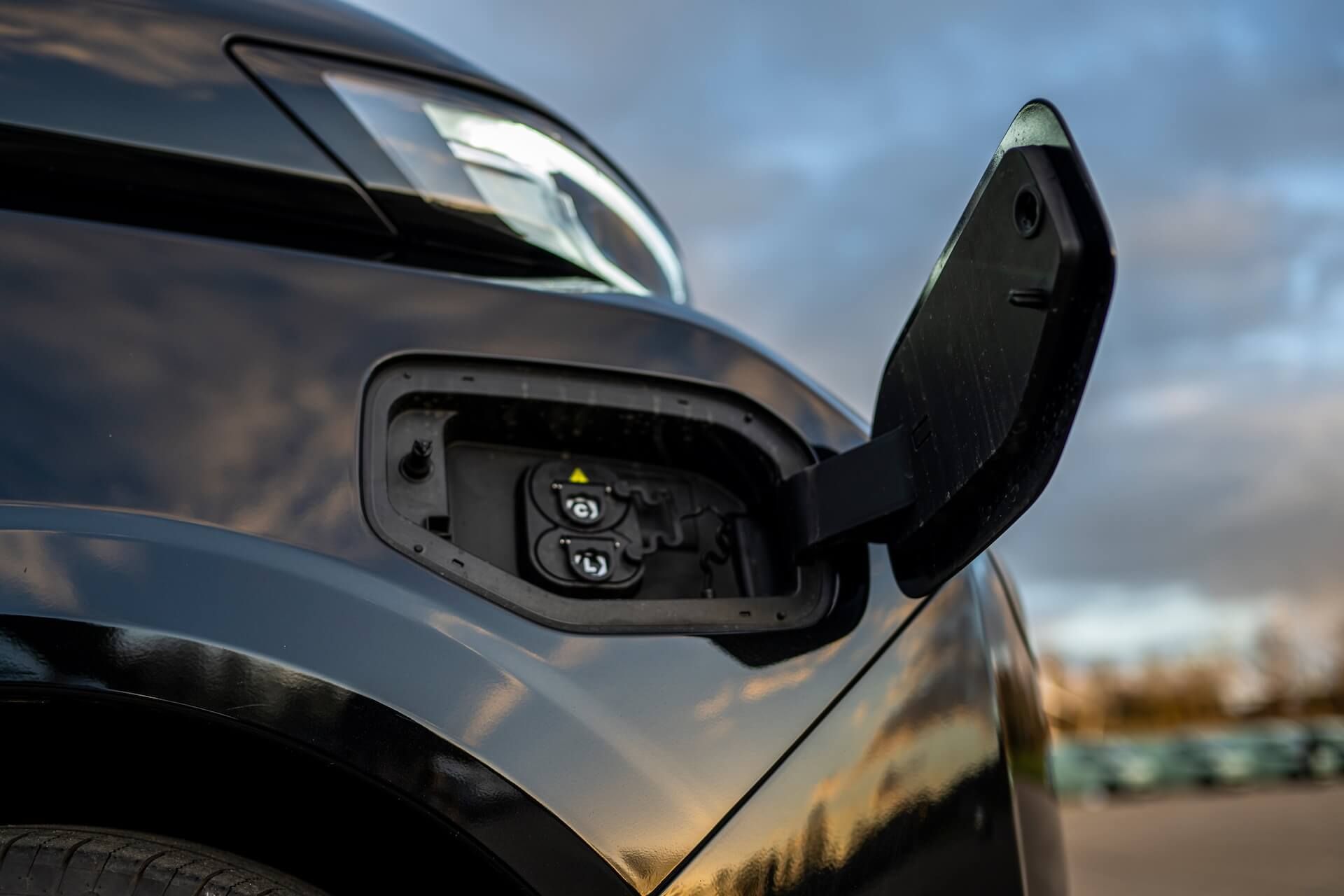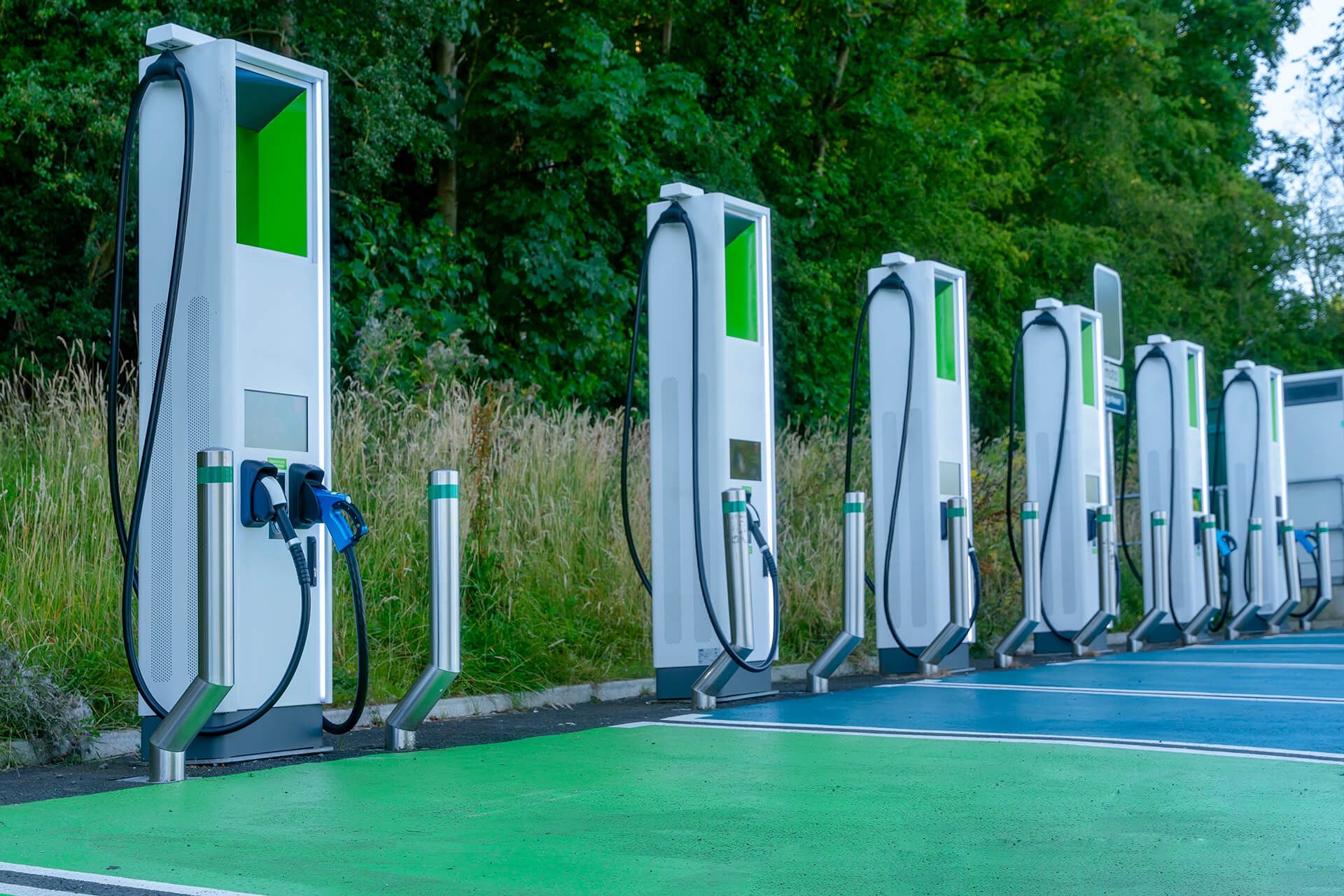
Leasing vs. buying an electric van: a business owner’s guide
Whether you’re a plumber, courier, florist, or local delivery hero, that van is your workhorse. And with electric vans growing in popularity (and necessity thanks to ULEZ zones and rising diesel costs), the question I get asked more and more is:
“Should I lease it… or buy it outright?”
Having spent 20+ years in the leasing world — including time at Vanarama, supporting small businesses making this very decision — I’ve seen it all. So, in this guide, I’ll break it down for you, nice and simple.
I know in the past there have been lots of talk and fears around the return costs on Vans but there have been many steps taken to make it fair and transparent. Whilst I cannot ever promise a perfect experience, you should have a lot more confidence on that score than ever before!
The Lease vs Buy Dilemma
On paper, both leasing and buying an electric van have their perks. But like everything in life, it comes down to what works for you, your business, your cashflow, and how you use your van day-to-day.
Upfront Costs & Cashflow Impact
Leasing usually just requires a small initial rental (1–12 months, or anything in between, upfront) plus a doc fee. No massive outlay needed, meaning you keep your working capital where it belongs — in your business.
Buying means a large deposit if financing, the VAT at least, or a big cash hit if you’re buying outright. Tough for many small businesses, especially when there’s kit, marketing, and staff to pay for.
Let’s be honest — cash is king. If you need to preserve it, leasing is a no-brainer. It allows you keep the all-important cash in the bank!
Monthly Cost Comparison
Leasing gives you fixed, predictable monthly payments over 2–5 years. You know exactly where you stand, which makes budgeting dead easy.
Buying means no monthly payments if bought cash. If financed, look out for variable rates and terms, although in many cases these can be fixed for the period too.
Leasing gives you certainty, particularly where Residual Value is concerned, which is valuable in uncertain times.
Depreciation & Resale Value
Leasing means depreciation, and therefore the residual value (RV) isn’t your problem. At the end of your term, you hand it back or swap for a new one.
Buying means the van’s RV is your risk. Electric van values are still finding their feet and can fluctuate. This makes predicting what it’ll be worth in 5 years a bit of a gamble.
Maintenance & Service Packages
Most lease deals can include maintenance packages covering servicing, tyres, and breakdown cover — all rolled into your monthly cost. This gives a nice sense of certainty and eliminates surprises
Buying means you pay for everything as you go, which can often mean “lumpy” outlay. While EVs generally have lower maintenance costs, peace of mind counts.
Mileage Limits & Flexibility
Leasing typically caps you at 8k–30k miles per year, with excess charges if you go over.
Buying means you can drive as much as you want without limits.
If you’re clocking up mega miles, leasing can get pricey, but for local deliveries and trade work under 100 miles a day, it’s ideal.
Tax & Accounting Implications
Lease payments are tax-deductible against profits. Buying an electric van lets you claim 100% first-year capital allowances, deducting the full cost from profits.
Always chat to your accountant — what works for one business won’t necessarily work for another.
Flexibility & End-of-Term Options
At the end of a lease, hand it back, extend, or swap into a new van with the latest tech. People often forget the “extend” option which can often be useful especially if you have converted your vehicle to have bespoke equipment fitted.
Buying means you own it and can sell, trade in, or keep running it, but that asset risk is yours.
With EV tech moving fast, leasing keeps you ahead of the curve.
At-a-Glance Comparison
| Benefit | Leasing | Buying | Upfront cost | Low (1-3 months' rental) | High (deposit/loan/cash) |
|---|---|---|
| Monthly costs | Fixed, predictable | Variable or none if outright |
| Depreciation risk | None | All yours |
| Maintenance | Optional package available | Pay-as-you-go |
| Mileage limits | Yes (8k-30k/year) | None |
| Tax benefits | Monthly rentals tax-deductible | 100% first-year allowance on EVs |
| Upgrade flexibility | Easy swap at end of term | Must sell or part-exchange |
Conclusion: What’s Right for You?
If your business thrives on cashflow flexibility, predictable costs, and staying up to date with the latest kit — leasing makes total sense.
If you’re planning to keep the van for years, don’t mind depreciation risk, and want total mileage freedom — buying could work.
My personal view? For most small businesses and sole traders, leasing is hard to beat right now, especially with government grants, low running costs, and the ability to sidestep the resale lottery. Not forgetting the pace of tech development means you get to upgrade regularly, kind of like your phone!
As always — test drive one, get the numbers, and see what fits. And if you need a hand or an honest opinion, you know where to find me:
www.ev-essentials.com
YouTube:@electricvanman
Whether you lease or buy, one thing’s for sure — the electric van revolution isn’t coming. It’s already here. And getting your next van sorted the right way could be one of the smartest moves your business makes this year.



